'Sad days and everyone worries': Tehran in the shadow of war
If US enters war, Iran could target American bases and choke off the world’s oil supply

Sidrah Roghay
Senior Producer
Sidrah Roghay is a storyteller at heart, with over a decade of experience in newsrooms across Pakistan, the US, and Turkey
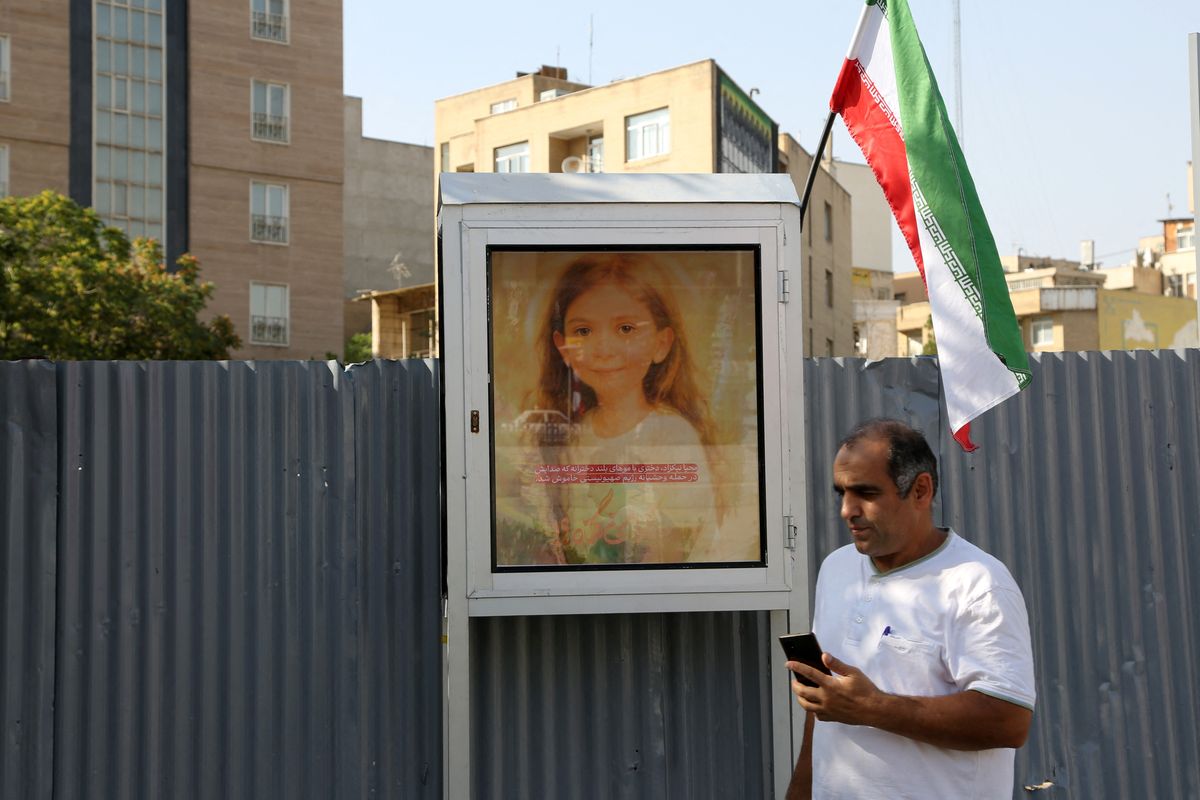
Photos of civilians and high-ranking Iranian officials who lost their lives in Israeli attacks are exhibited.Haft-e Tir Square in Tehran, Iran on June 19, 2025.
AFP
Iran's capital Tehran has emptied out. Entire neighborhoods have moved to villages, once-bustling coffee shops now sit nearly empty, and those who remain are stocking up on food, water, and supplies — bracing for Israeli attacks that may last longer than expected.
“It's so sad. Sad days and everyone worries,” Komeil Soheili, a filmmaker based in Tehran, told Nukta by phone.
“Everyone is leaving Tehran. Collecting food and water just in case…
“I have lived in Tehran for over a decade. And now I see the places I went to, the coffee shop, watching a good theater, a date, friends, had good memories now … all [lost to] war,” he said.
The war between Iran and Israel is entering its second week. It began when Israel launched airstrikes across Iran last Friday, targeting what it claimed were nuclear weapons development sites. Iran responded with a barrage of missiles and drones, striking targets inside Israel. Hundreds of people have been killed in Iran and dozens more in Israel, according to official figures.

Israel has destroyed key military and nuclear installations, killing nuclear scientists and senior military officials. But Iran, though wounded, is not down. Its missiles have pierced Israel’s famed Iron Dome, hitting civilian and commercial targets including a hospital, a tech park housing a Microsoft office, and the Tel Aviv stock exchange.
European leaders are scrambling to contain the fallout. The foreign ministers of Britain, France, and Germany, along with the EU’s foreign policy chief, are expected to meet Iran’s foreign minister in Geneva today to push for a ceasefire. Meanwhile, Russian President Vladimir Putin and China’s Xi Jinping have condemned Israeli strikes and called for de-escalation.
Still, neither Israel nor Iran appears willing to back down.
This is 'escalating'
Iran is signaling it will intensify its attacks.
“Iran is steadily escalating its military response—deploying heavier bombs, advanced hypersonic missiles, and more sophisticated drones. It is now targeting critical infrastructure within Israel,” said Mohammad Khatibi, an Iranian foreign policy expert, in an email interview with Nukta.
Khatibi warned that if the U.S. enters the war directly—especially by targeting Iranian nuclear sites like Fordow—Iran may retaliate by attacking U.S. military bases in the region, withdrawing from the Non-Proliferation Treaty, or disrupting global oil shipments.
Those threats are not empty. Iran has previously threatened to close the Strait of Hormuz—a narrow but crucial chokepoint between Iran and Oman. About 20% of the world’s daily oil supply passes through it. On Wednesday, shipping sources confirmed that commercial vessels were already avoiding the area.
Will US strike?
That’s the million-dollar question.
Syed M. Ali, who teaches human security at Johns Hopkins University, believes Israel alone cannot destroy Iran’s deep-underground Fordow nuclear facility.
“Fordow is buried so deep that only U.S. bunker-buster bombs could potentially destroy it—and that too with repeated targeting,” he told Nukta. “Even the war hawks in the U.S. don’t want another Iraq or Afghanistan. So regime change is not on the cards. But a limited strike on Fordow? That possibility cannot be ruled out entirely.”
Ali added: “The Iron Dome works, but not with 100% perfection. Israel is also feeling the pain.”
President Donald Trump, who returned to the White House this year, said a U.S. decision on intervention would come “within two weeks.” He has also been in touch with regional leaders, including those in Pakistan and Saudi Arabia, who are wary of an expanded U.S. military presence in the Middle East.
Europe, too, has little appetite for another war.
Fragile hope
Despite the devastation, many Iranians are holding onto hope—not for foreign military help, but for a grassroots transformation.
“Let’s not forget the Iranian people went out on the streets of Tehran—the same city Israel is bombing—and celebrated the nuclear deal with the U.S. They showed they do not want war,” said Soheili. “I just hope those people can come out again and celebrate peace.”

Soheili, who has worked extensively in Iran’s arts scene, added: “I’ve seen my friends getting imprisoned. Expecting to get freedom through a foreign power is really disappointing. I’m not saying the Iranian government is doing a good thing. I don’t support them. But many people want regime change—and they are working for democracy and a constitution.”
He pointed to past moments of uprising in Iran: the 1979 revolution, the 2009 Green Movement, and the 2022 Women, Life, Freedom protests following the killing of Mahsa Amini.
“You could see the change after the last movement in a good way,” he said.
Whether that fragile hope can survive under bombs remains to be seen.


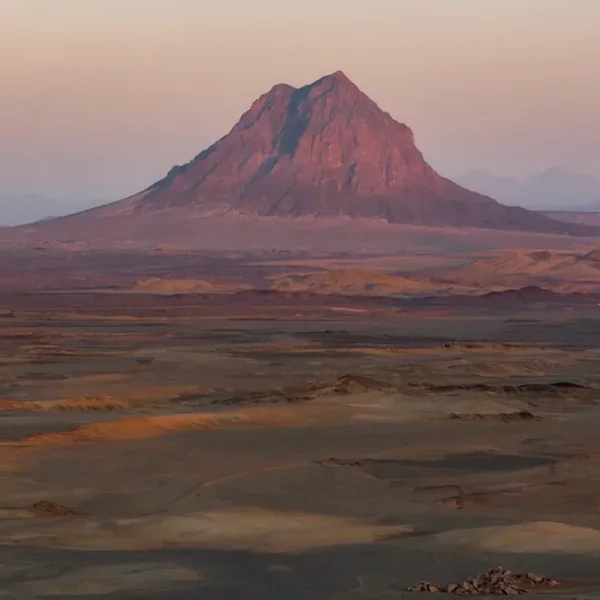
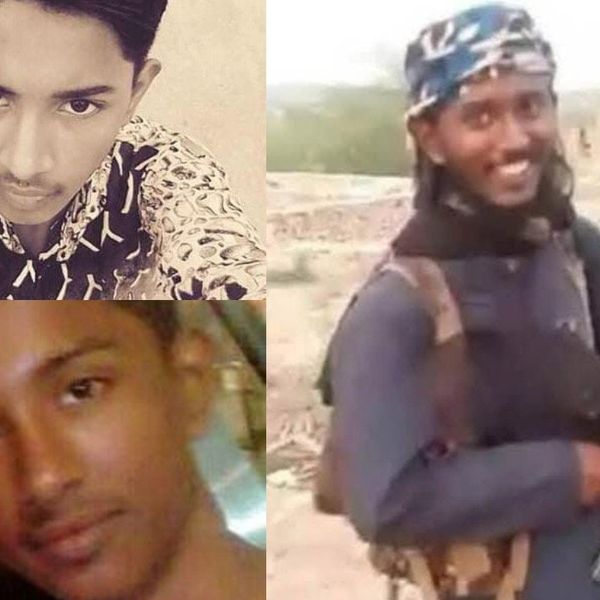



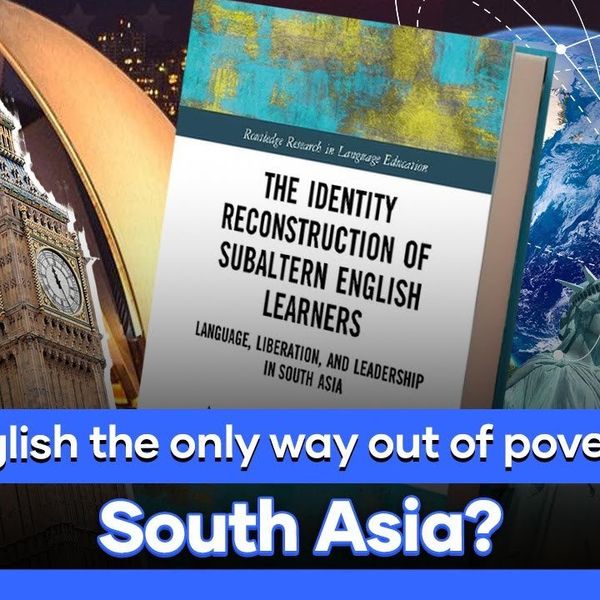
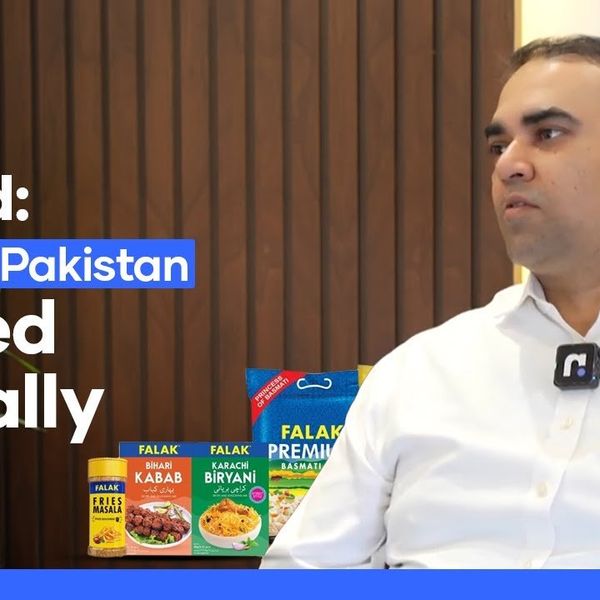

Comments
See what people are discussing